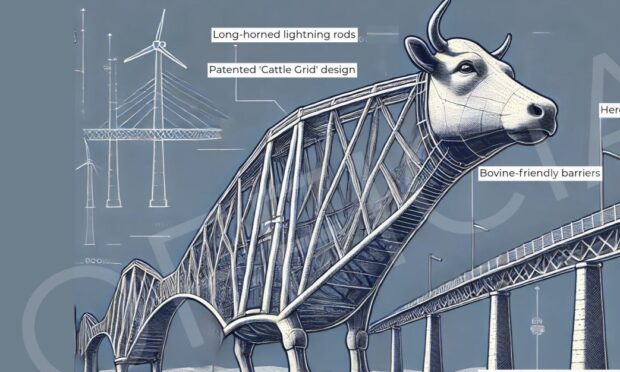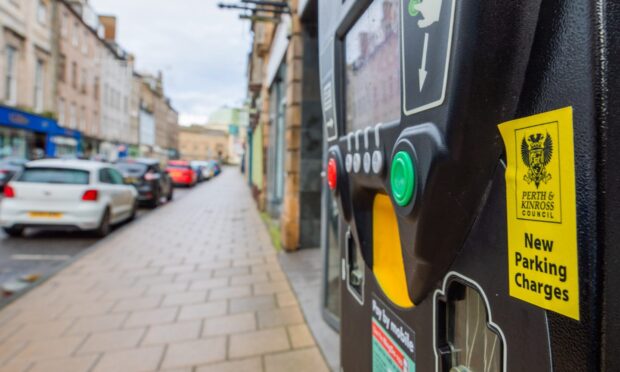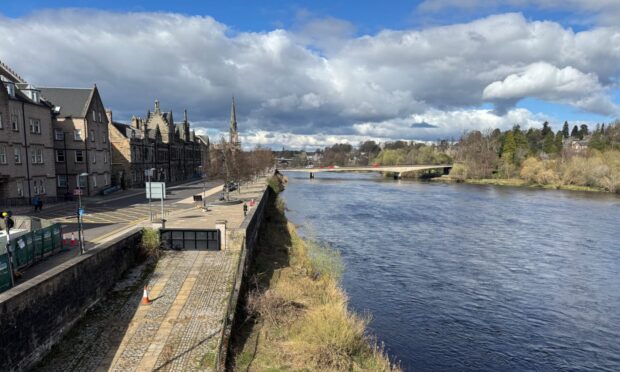A centuries-old poem which has been decoded by a Perthshire scholar has revealed how 17th century Londoners coped during snow days – they had snowball fights and went to the pub.
The ancient Latin text, which was only recently discovered among a pile of state papers, details the chaos and frivolities that took hold when the River Thames froze over in January 1635.
The poem, by previously unknown writer William Baker, has been translated into English by George Pounder, head of classics at Glenalmond College.
It has been described as a significant piece of work, revealing a snapshot of life before the rise of printed newspapers and famous diarists like Samuel Pepys.
Mr Pounder said: “An old friend from university emailed me a copy of the manuscript over the Christmas holidays and asked if I would take a look at it.
“It’s quite a long poem, about 90 lines, and it took me most of an evening and an afternoon to finish.”
He said: “This is an example of what’s known as Neo Latin, which appears to have been in fashion at the time. It’s strange that we don’t know much about the poet William Baker, as he must have been fairly well-off and educated to have written so well in Latin.”
Mr Pounder said: “It’s very interesting to see that the people in the poem coped with winter weather in a similar way to people today. They made snowballs and snowmen – or snow creatures – and played in the streets, while others go off to the pub.”
The poem has an early warning about alcohol abuse: “But wine makes the going treacherous, the path is slippery, and the half-cut punter is sent flying on his wobbly journey.”
Describing people playing in the snow, Baker writes: “Some build terrible monsters in the streets: They make beasts with their skilful hands, fashioning limbs out of packed snow and shaping them with their thumbs.”
Elsewhere “the happy crowd runs about on the treacherous ice, and they pack the snow into balls. So they can use these to attack the enemy…”
Jessica Nelson, head of collections at the National Archives, discovered the poem among a collection of state papers.
“Printed newspapers were not yet widespread and the famous diarists Pepys and Evelyn were not yet writing,” she said. “So the poem certainly does add a great deal to our knowledge of this freeze and how people reacted to it.”










